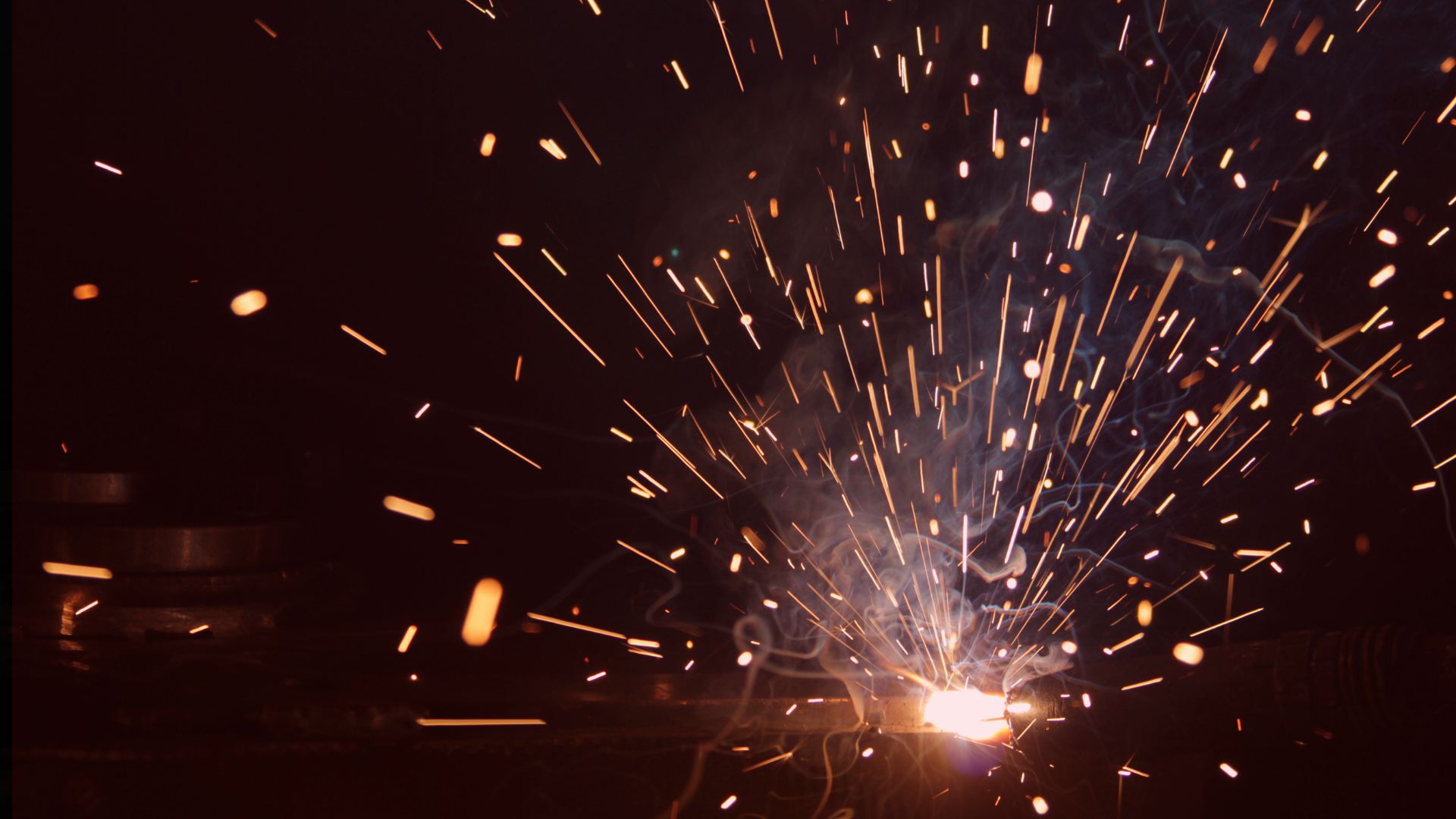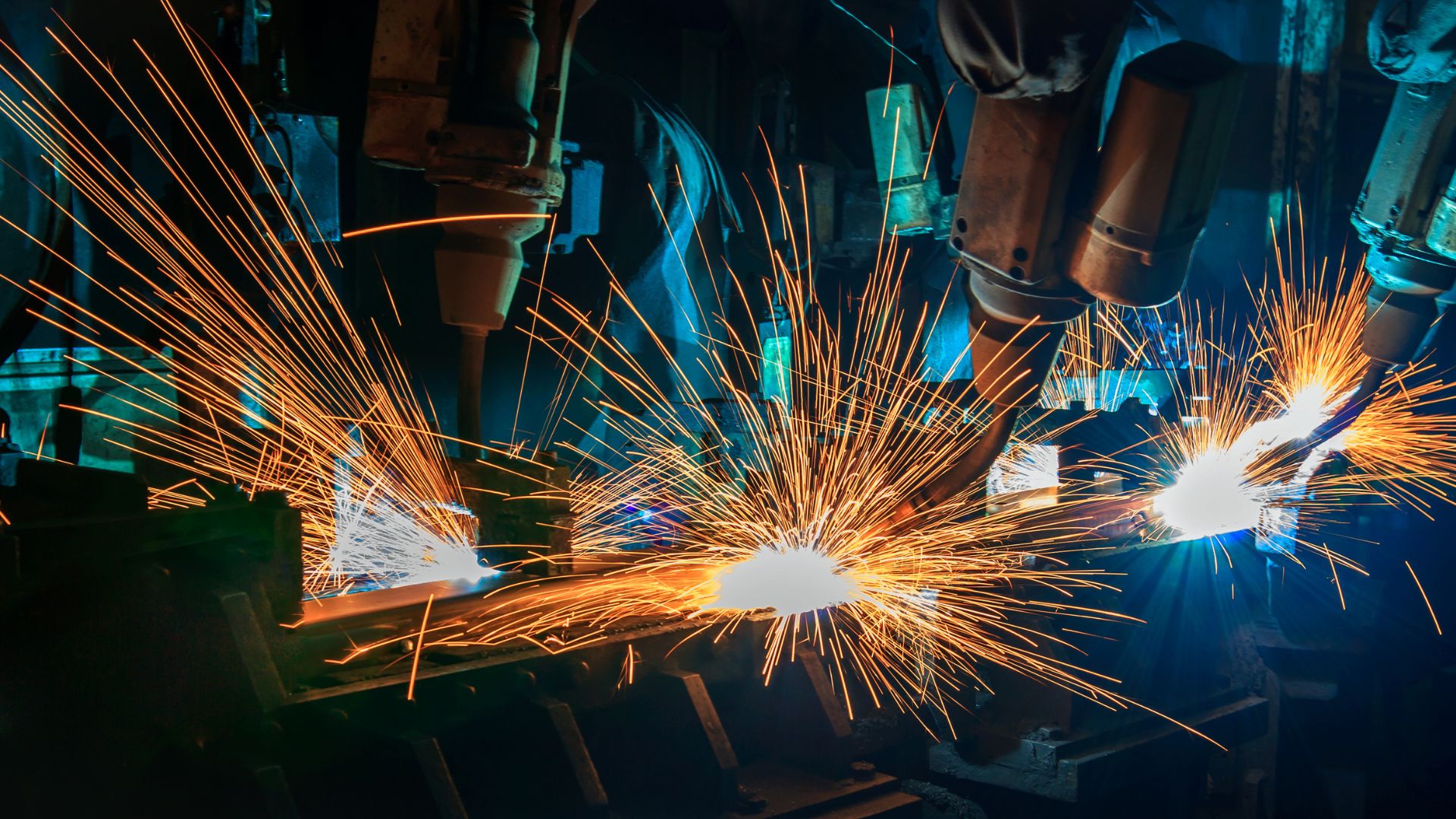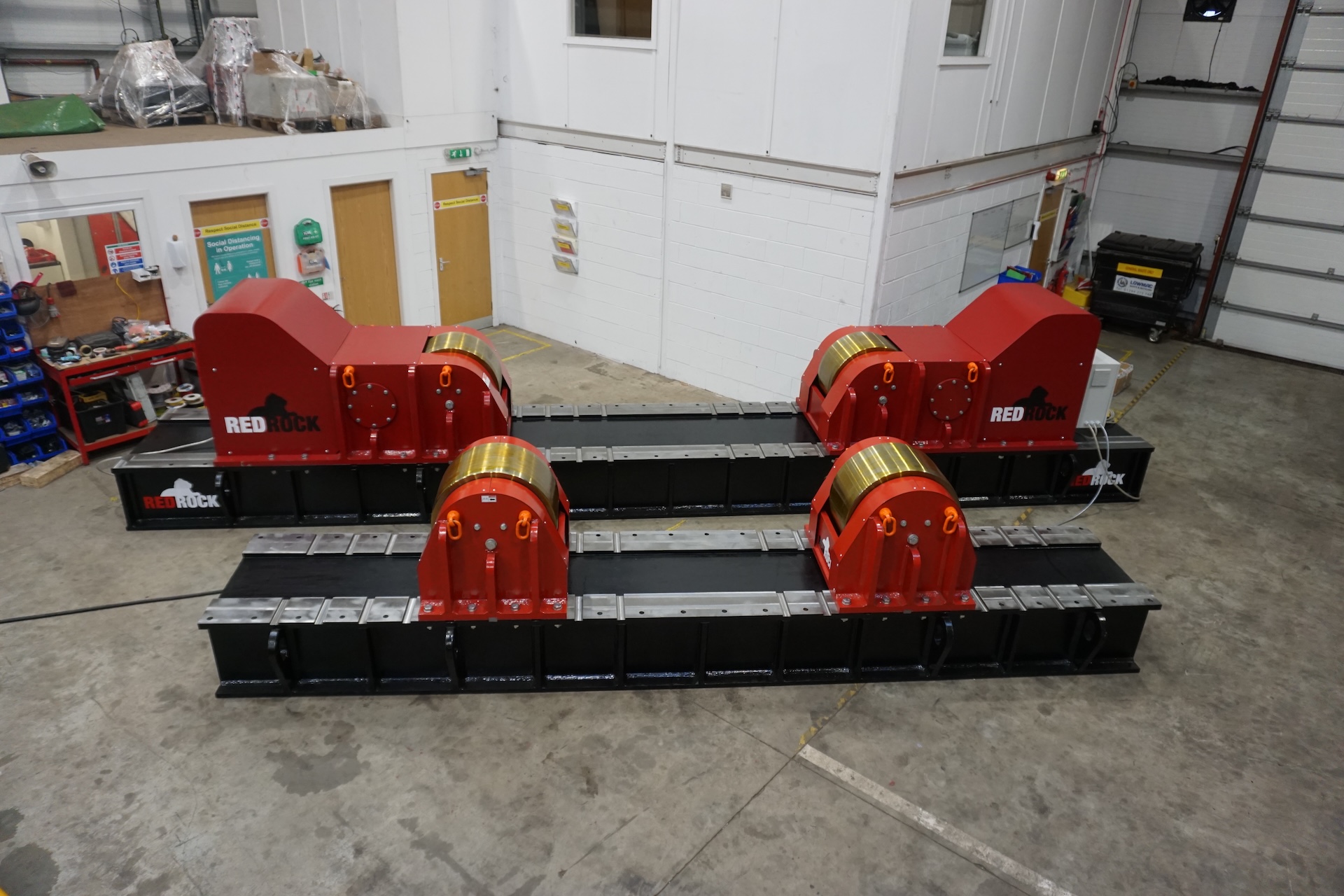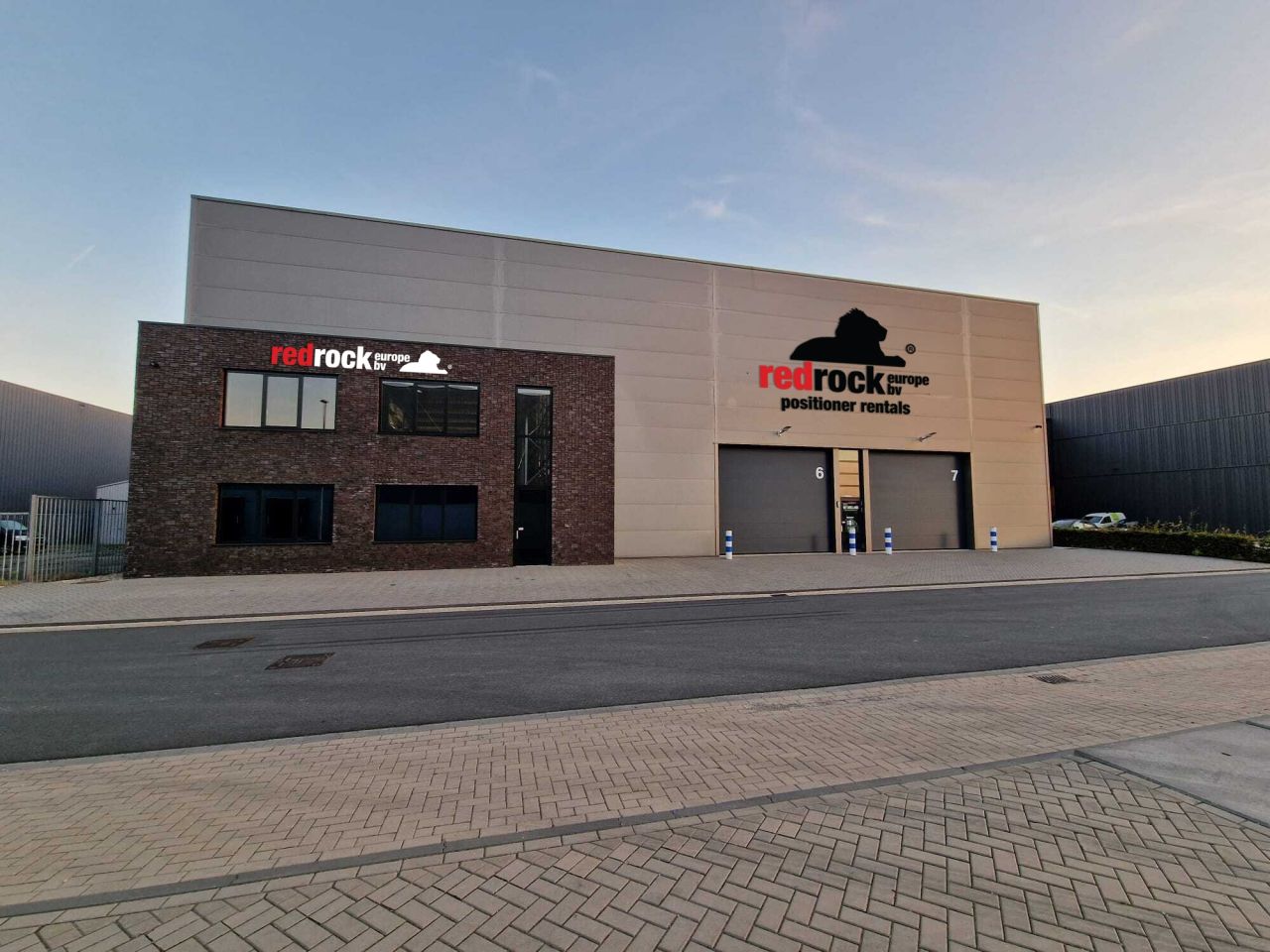Things to Consider Before Buying Welding Rotators in the UK
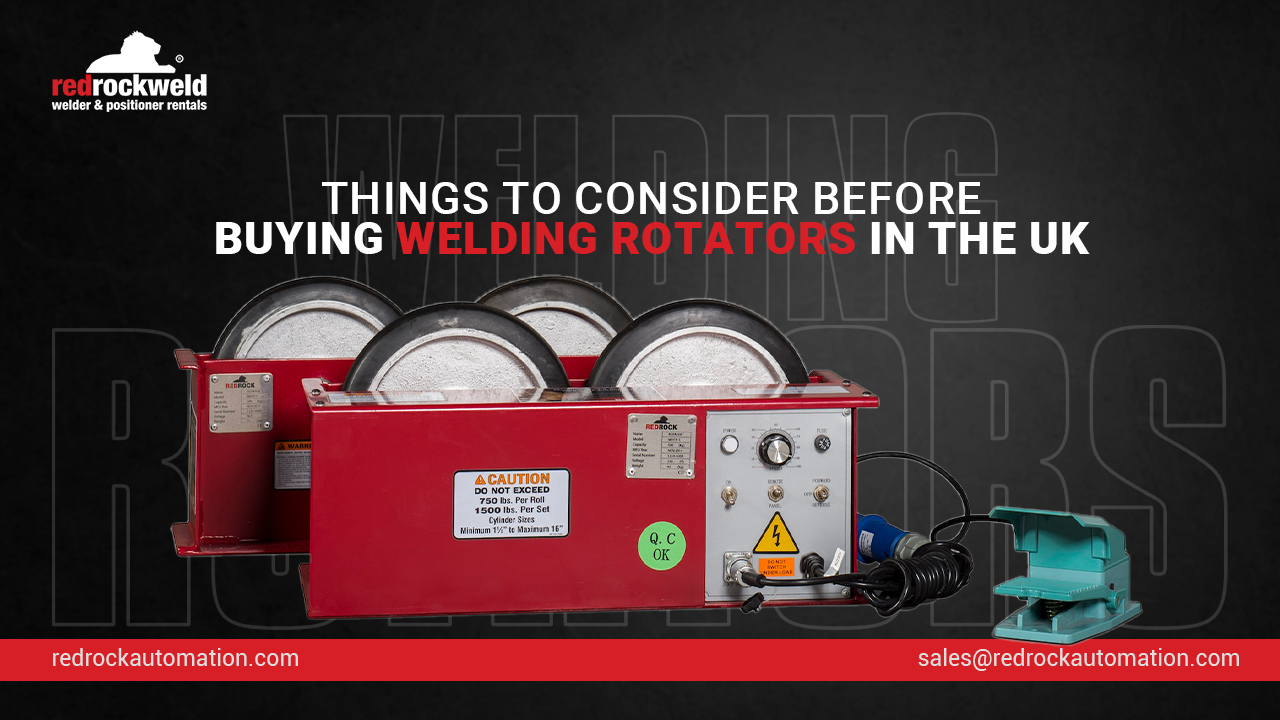
Key Takeaway
- Welding Rotators
- Factors To Consider While Buying Welding Rotators
- Conclusion
Are you in search of welding rotators, but stuck on how to choose the right one? Then you have reached the right place. It is a known fact that welding rotators play an important role in enhancing the overall precision and accuracy of the welding process.
Purchasing a welding rotator will bring you close to increasing productivity. But there are certain things to consider while buying a welding rotator, especially in the UK market where safety compliance, product quality and timely services are prioritised.
This blog provides the key factors to consider while buying welding rotators.
Welding Rotators
Welding rotators are machines that aid in the accurate welding of cylindrical workpieces such as tanks, pipes and vessels, by rotating them during the fabrication process. It is composed of a base frame, a drive mechanism, rollers and a control system.
Welding rotators provide stable and controlled rotation for the workpieces. They come in different models, and the commonly used three models are self-aligning, conventional and fit-up rotators.
Factors To Consider While Buying Welding Rotators
1. Load Capacity
While choosing the welding rotator, please take into consideration its load capacity. Make sure that the welding rotators can handle the weight and diameter range of the workpiece in use.
This is important because choosing a rotator that cannot bear the intended load can lead to instability, damage to the workpiece and the rotator and safety risks for the operator.
2. Power Source
Electric motors or hydraulic systems typically power welding rotators. Electric rotators are the most commonly used ones as it is suitable for most of the welding applications. Hydraulic rotators on the other hand are apt for heavy-duty industrial applications that require great power and control. So choose the rotators accordingly.
3. Power Requirement
It is crucial to consider the power requirements of a welding rotator. Its power source (as discussed above) and its capacity(voltage, amperage etc) are important aspects as it will impact the performance of the rotator and the overall process in general.
Welding rotators mostly operate on a single-phase (230V), the power supply common in small workshops or three-phase (400V) power that is found in industrial settings.
To ensure the proper functioning of the rotator, make sure that the rotator’s power requirement matches the electrical supply of the industry or the hobbyist.
4. Rotation Speed
Most welding rotators come with a rotating speed that typically ranges from 100 to 1200 mm/min or 0.1 to 1 rpm. The exact range, however, depends on the model and the manufacturer. The operators can now adjust the speed of rotation in accordance with the welding process (TIG, MIG, SAW etc.) and the size of the workpiece.
5. Advanced features
Many of the modern welding rotators are equipped with advanced remote control features. This enables the operators to control and adjust the speed of the rotators from a distance. It can also be integrated with other welding automation equipment, which will allow for a fully automated welding process. Check for those features as well.
6. Safety Compliance
Ensure that the welding rotators comply with the UK safety standards, most importantly the UKCA marking. The regulations set by the Health and Safety Executive specifically details the requirements for machine safety. Make sure that the rotators follow those standards.
Conclusion
Considering the above key factors while purchasing the welding rotators is essential, as they directly impact the weld quality and the process as a whole.
That is why Redrock Automation stands as your reliable partner in fabrication, providing high-quality welding equipment built for precision and excellent performance. We offer top-grade welding rotators for sale ensuring that you receive the most durable and robust machine for the welding needs.

